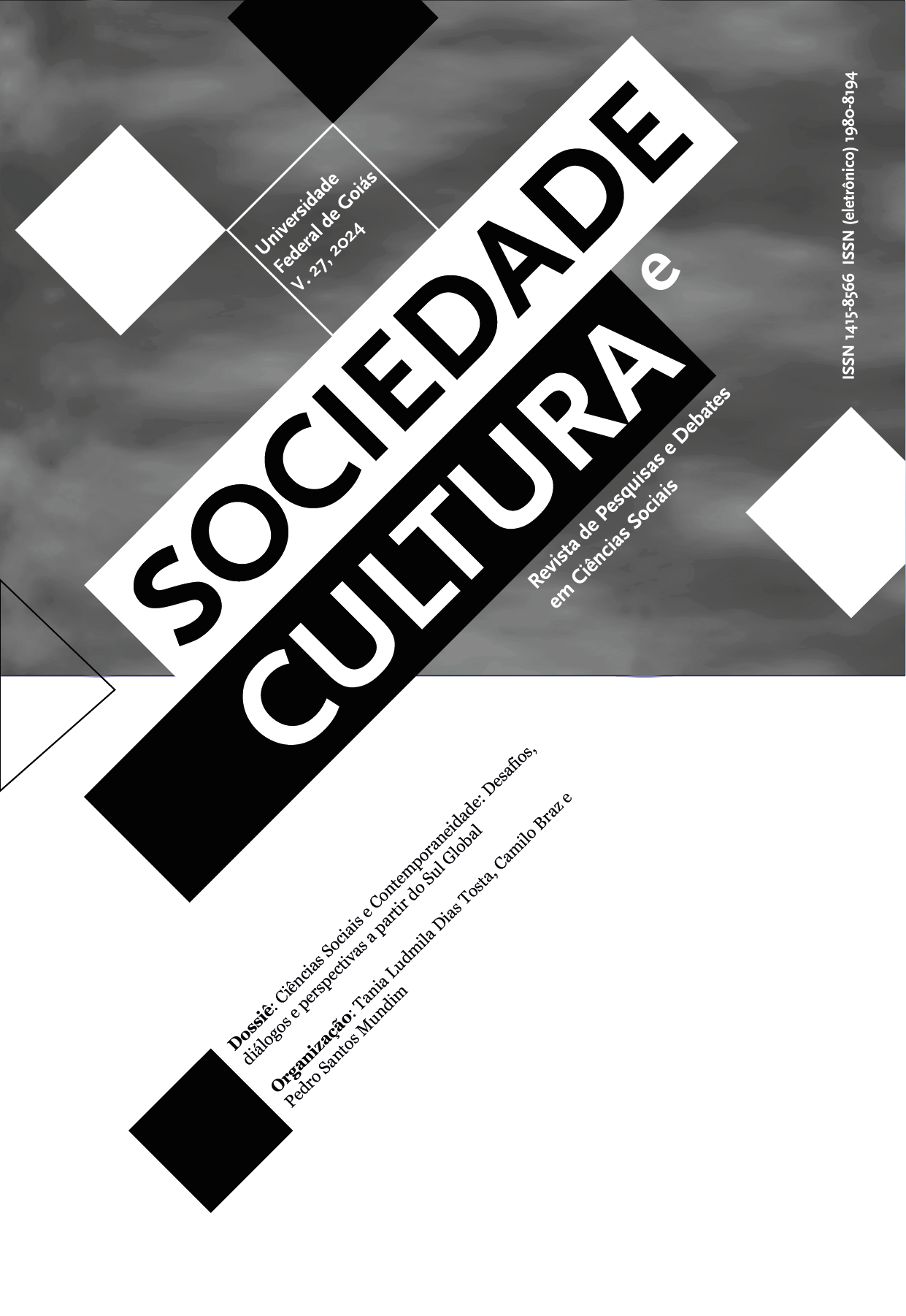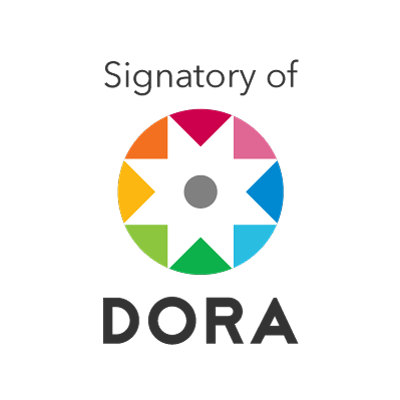Patrimônio imaterial e musealização: Teoria do Controle Cultural para a gestão compartilhada em museus
DOI:
https://doi.org/10.5216/sec.v27.77871Resumo
As políticas culturais para o Patrimônio Imaterial têm, por princípio, a necessidade da participação da sociedade e dos detentores de tais bens culturais na sua gestão. Entretanto, construir critérios para as ações de gestão compartilhada ainda é um desafio para o campo dos museus e do patrimônio. Assim, o artigo visa compreender como a Teoria do Controle Cultural, de Bonfil Batalla, colabora para pensar tais práticas em museus e coleções vinculadas a bens de natureza imaterial. Compreende-se a musealização como conjunto de procedimentos de caráter info-comunicacional; e o Patrimônio Imaterial como conjunto de expressões, tradições e saberes, estando na base das identidades das comunidades, transmitido entre gerações. O trabalho se estrutura como debate teórico e conclui que a Teoria do Controle Cultural se mostra como arcabouço para pensar políticas culturais do patrimônio imaterial, ao permitir a construção de critérios a partir da capacidade de tomada de decisão da população sobre esses bens.
Downloads
Downloads
Publicado
Como Citar
Edição
Seção
Licença
Copyright (c) 2024 Sociedade e Cultura

Este trabalho está licenciado sob uma licença Creative Commons Attribution 4.0 International License.
Autores/as que publicam nesta revista concordam com os seguintes termos:
- Autores/as mantêm os direitos autorais e concedem à revista o direito de primeira publicação, sendo o trabalho simultaneamente licenciado sob a Creative Commons Attribution License, o que permite o compartilhamento do trabalho com reconhecimento de autoria e da publicação inicial nesta revista.
- Autores/as têm autorização para assumir contratos adicionais separadamente, para distribuição não exclusiva da versão do trabalho publicada nesta revista (ex.: publicar em repositório institucional ou como capítulo de livro), com reconhecimento de autoria e da publicação inicial nesta revista.
- Autores/as têm permissão e são estimulados/as a publicar e a distribuir seu trabalho online (ex.: em repositórios institucionais ou na sua página pessoal) a qualquer ponto antes ou durante o processo editorial, já que isso pode gerar alterações produtivas, bem como aumentar o impacto e a citação do trabalho publicado (veja O Efeito do Acesso Livre).


 Esta revista está licenciada sob a licença
Esta revista está licenciada sob a licença 
